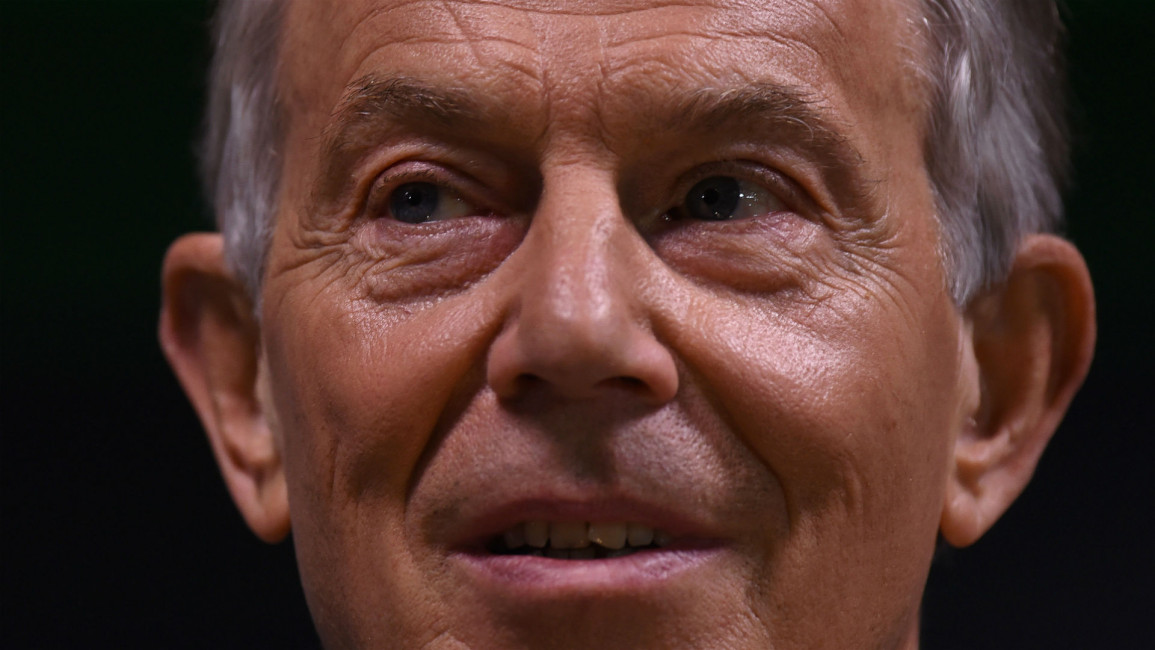Tony Blair's office 'received UAE money' while he was working as Middle East envoy
Former UK Prime Minister Tony Blair was given millions of dollars by the UAE while serving as Middle East peace envoy, emails have revealed.
Tony Blair Associates received the funds while attempting to help negotiate a peace between Palestinian and Israeli parties, The Daily Telegraph revealed this week.
It highlights a possible conflict of interest between his roles as Quartet envoy and consultant for a number of Middle East and Central Asian regimes.
Tony Blair has long-insisted that he kept the two roles separate, but the newspaper alleges that the work often overlapped.
Blair's London office was financed by the UAE, while Tony Blair Associates also received funds from Abu Dhabi's sovereign wealth fund, it is alleged.
Nick Banner, the former prime minister's chief-of-staff as Middle East peace envoy - on loan from the UK foreign office - also worked on private projects for his consultancy firm, the newspaper added.
This includes Banner's 2008 trip to the UAE to meet Khaldoon al-Mubarak, the chief executive of Abu Dhabi's sovereign wealth fund Mubadala, emails seen by the UK daily revealed.
Blair went on to work for the same national wealth fund a year later.
The Quartet's website does not mention the UAE in its list of donors, but the newspaper claims his London office was financed by Abu Dhabi, while he also received millions in consultancy fees from the Gulf state.
Payments from the UAE for both his consultancy and envoy work were paid into the same company despite Blair insisting there was a clear separation between the two roles.
Tony Blair says the money was used to finance travel expenses for him and his staff, but refused to comment on the purpose of the meeting between his chief-of-staff as peace envoy and Abu Dhabi's Khaldoon al-Mubarak.
The appointment of Blair as peace envoy was deeply unpopular in the Middle East, where the former prime minister was blamed for the disastrous invasion of Iraq in 2003.
His position as a supposed impartial adjudicator between the Palestinian and Israeli sides was also questioned due to his perceived closeness to the Tel Aviv government.


![Minnesota Tim Walz is working to court Muslim voters. [Getty]](/sites/default/files/styles/image_684x385/public/2169747529.jpeg?h=a5f2f23a&itok=b63Wif2V)




![Debris near Rafic Hariri International Airport [Getty]](/sites/default/files/styles/image_330x185/public/2176162423.jpeg?h=a5f2f23a&itok=MCSK9mkM)
![An Israeli air strike on Jabalia killed teenage journalist Hassan Hamad [Screengrab/X]](/sites/default/files/styles/image_330x185/public/2024-10/hassan%20hamad1.jpg?h=c12e0b96&itok=Rd_dyCVp)
